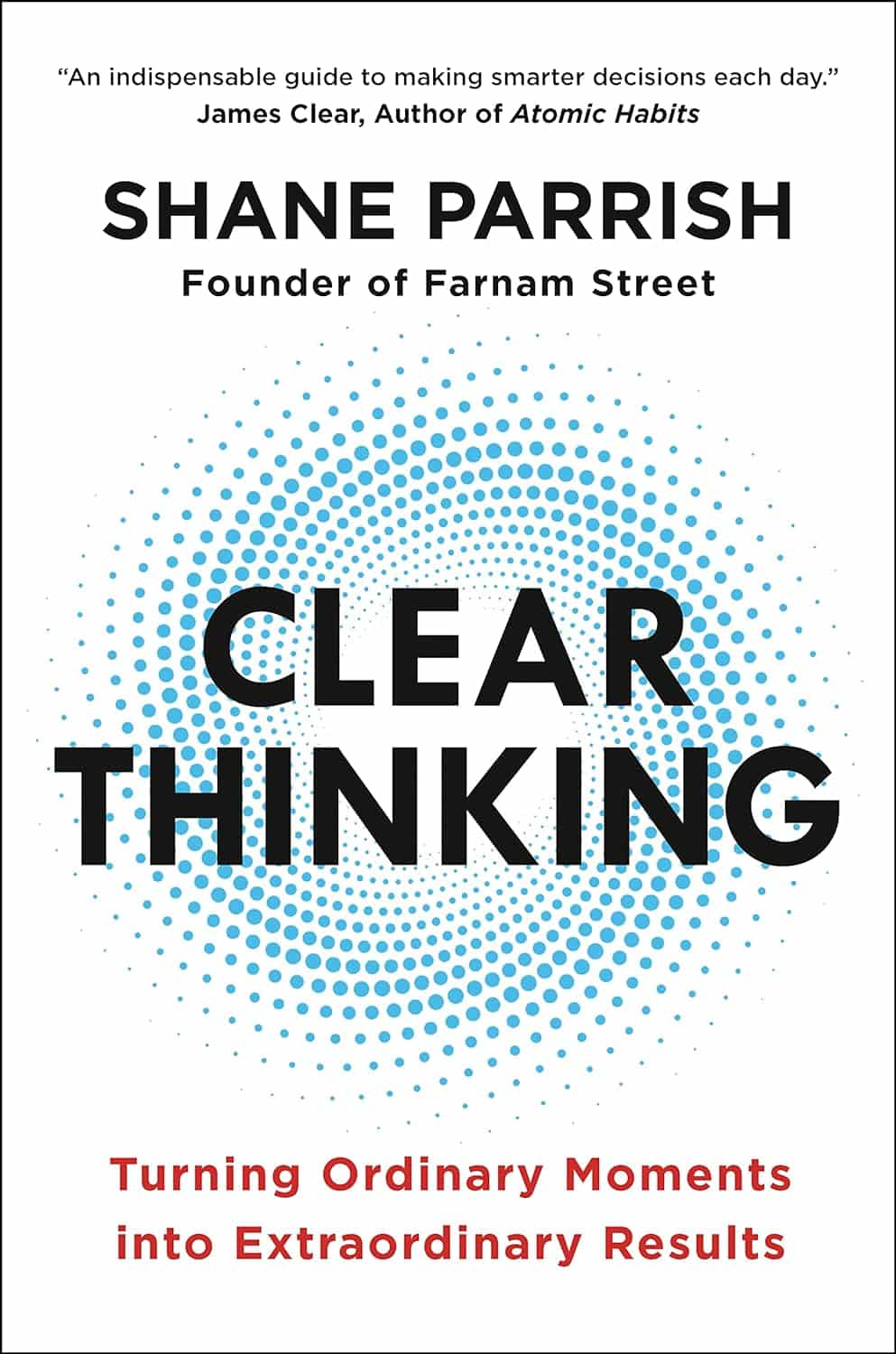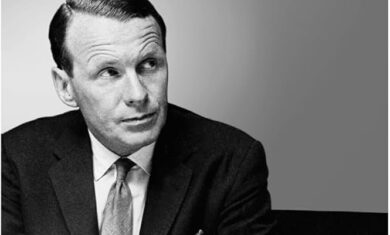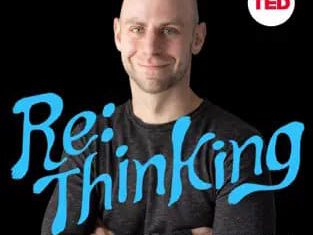Being willing to look bad, admit defeat, or answer a question with “I don’t know” are all difficult things to do, but they all ultimately can make you a better person.
As a “five” on the enneagram, this hits particularly close to home (here is more about the enneagram if you’re not familiar with it). In describing what a “five” tends to be like, I found this quote:
Fives collect knowledge. Knowledge and information of almost any kind (even the strangest information) provide Fives with a sense of control and a defense against feelings of inadequacy. Fives also collect information or knowledge because they don’t want to appear foolish or uninformed, or be humiliated for not having the correct answer.
I work very hard to say “I don’t know” when I’m unsure of the answer, but I also work very hard to have every possible answer so that I don’t need to say that (which is clearly an impossible goal).
In his book “Clear Thinking“, author Shane Parrish shares a quote from Lou Brock, saying:
Lou Brock might have put it best when he said, “Show me a guy who’s afraid to look bad, and I’ll show you a guy you can beat every time.” In other words, someone who’s possessed by the social default is easy to defeat.
If someone is afraid to look bad, they’ll never grow. I perhaps see this most commonly with politicians — they feel that they need to have the right answer, on the spot, every time. To be fair, it’s not untrue. When a politician doesn’t immediately have the right answer to a given question, they’re seen as uneducated or ill-prepared.
The only politician that I’ve seen do that very well was our local Commission Chairman a few years ago, Mike Boyce. He was incredibly smart, but he wouldn’t shy away from “I don’t know, but I’ll find out and let you know” if that was the right answer. Also, to his credit, he always did find out and follow up, even if he knew it wasn’t a pretty answer.
Ugly answers
That leads to another part of what made Mike so great — he’d give answers that weren’t ideal in order to stick with the truth. He wasn’t afraid to look bad, which also earned him more trust. Because Mike was willing to look bad when telling the truth, I had far more faith that he was telling the truth when things looked good. This is similar to our local auto repair place turning down work (“that car part will last another 20,000 miles, so just leave it for now“), leading me to trust them when they say something needs to be replaced immediately.
Looking bad is hard to do, but can yield great results.




